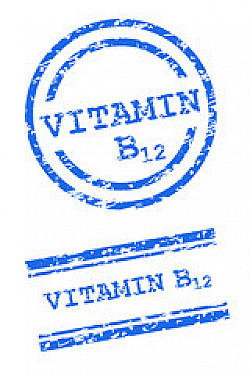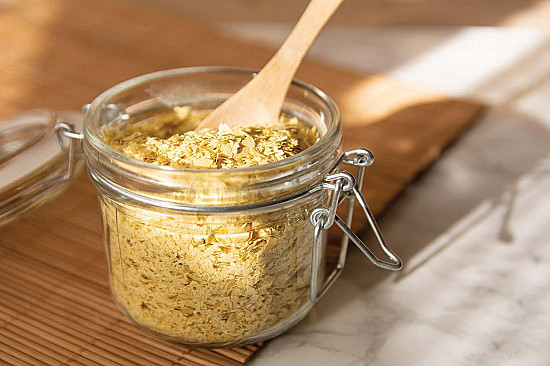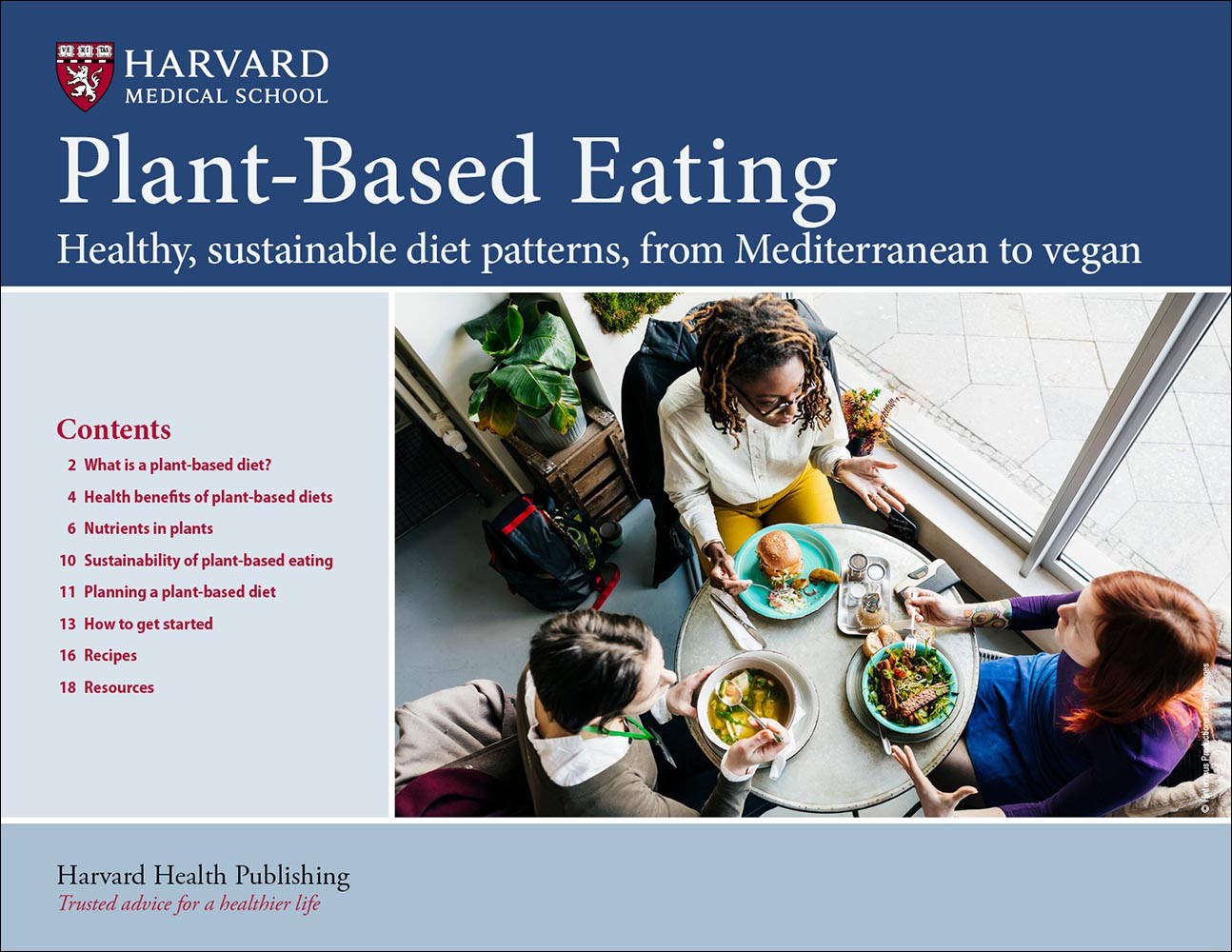Food additives and heart health
In ultraprocessed foods, the usual suspects — salt, sugar, and fat — are probably more concerning than additives.
- Reviewed by Christopher P. Cannon, MD, Editor in Chief, Harvard Heart Letter; Editorial Advisory Board Member, Harvard Health Publishing
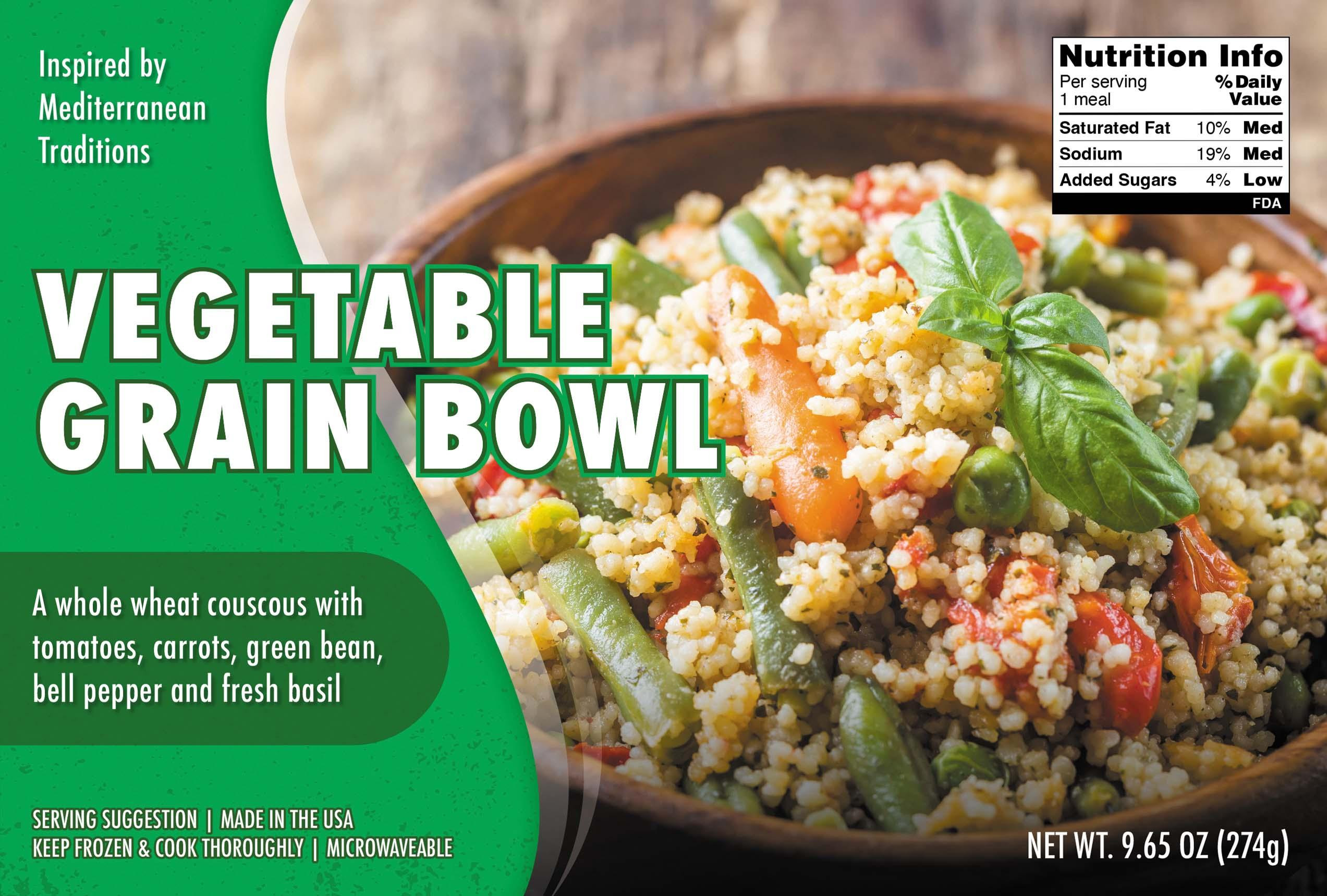
Growing evidence about the health hazards of ultraprocessed foods has focused renewed attention on the ingredients of these popular products. Although government efforts are under way to ban artificial food dyes, other additives remain widely used. These include substances to improve the taste, texture, appearance, and shelf life of packaged foods and drinks.
Some are unfamiliar chemicals like carboxymethylcellulose (a thickening agent) and sodium benzoate (a preservative). But ultraprocessed foods also contain added salt, sugar, and fat, often in large amounts. Which additives are actually worth watching out for — and what strategies do nutrition experts recommend when food shopping?
“It’s much more important to focus on the overall quality of your diet and having whole foods than to worry about specific ingredients found in an occasional ultraprocessed food,” says Dr. JoAnn Manson, professor of medicine at Harvard Medical School and chief of preventive medicine at Brigham and Women’s Hospital. If your diet is mostly plant-based and centered around whole foods like fruits, vegetables, whole grains, fish, beans, and nuts, you’ll automatically have a lower intake of processed foods.
That’s good for two reasons: (1) you’ll avoid potentially unhealthy additives, and (2) you’ll get more of the beneficial nutrients — such as vitamins, minerals, phytochemicals, and fiber — that are linked to better cardiovascular health. “The risk from ultraprocessed foods isn’t just about what you’re adding but also what you’re missing out on in your diet,” says Dr. Manson.
Reality bites
But the truth is that ultraprocessed foods account for more than half the calories consumed by the average American adult. If you’re ready to start weaning yourself off ultraprocessed foods, here’s what you should know:
Some ultraprocessed foods are worse than others. That’s according to a scientific review by Dr. Manson and her colleagues published in the September 2024 issue of The Lancet Regional Health. When they looked into the detrimental cardiovascular effects linked to different ultraprocessed foods, the worst ones were sugar-sweetened beverages (like sodas, sweetened fruit drinks, and sports or energy drinks) and processed meats (like bacon, sausage, ham, hot dogs, salami, and deli meats). Less problematic ultraprocessed foods included cereals (except sugary ones), yogurts, and whole-grain bread.
The shorter the ingredient list, the better. Ultraprocessed foods usually include not only added salt, sugar, and fat but also preservatives, thickeners, emulsifiers (substances that help liquids mix together), and artificial colors, flavors, and sweeteners. Some observational studies have noted associations between cardiovascular problems and those nonfood additives. For now, the evidence is so limited, it’s hard to make recommendations about avoiding any specific substances. In the meantime, choosing products with a short ingredient list is a good rule of thumb, says Dr. Manson.
Steer clear of foods high in excess salt, sugar, and saturated fat. Avoiding excess salt — a well-known cause of high blood pressure — is arguably the highest priority. “High blood pressure truly is a silent killer because it often goes unnoticed and is linked to so many serious cardiovascular problems,” Dr. Manson says. Foods high in added sugars — especially sugary drinks but also cookies, donuts, and other desserts — are fine to savor once in a while. But eating these foods often promotes weight gain, leaving you more vulnerable to both diabetes and heart disease. Both sweet and salty snacks and treats (including muffins, pie, cake, crackers, chips, and French fries) may contain quite a bit of saturated fat if they’re made with butter, lard, vegetable shortening, or tropical oils such as palm or palm kernel oil. Eating too much saturated fat can raise the amount of harmful LDL cholesterol in your blood. The resulting buildup of fatty plaque inside the arteries is what underlies most heart disease.
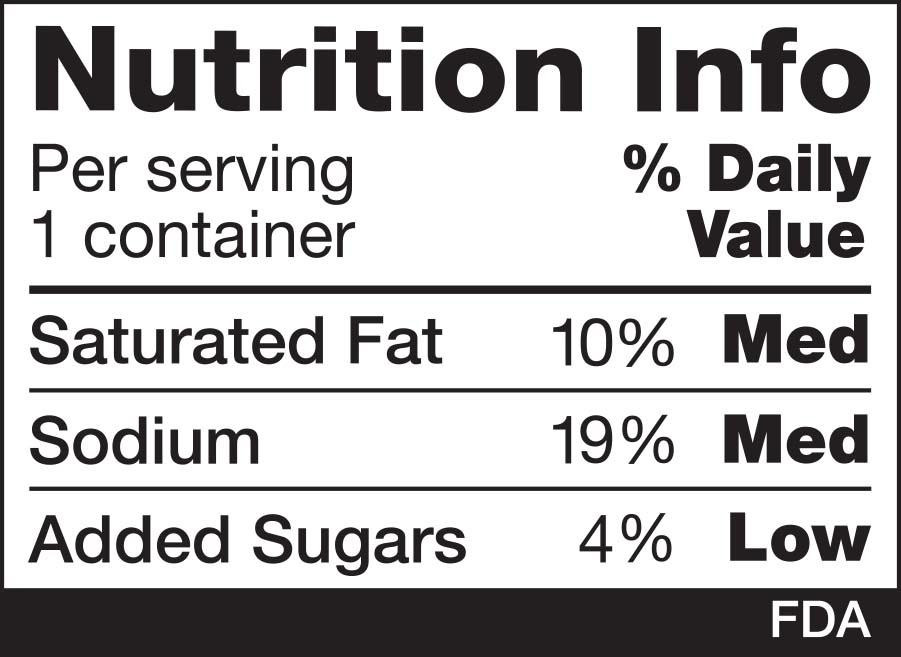
New food labels coming?
Identifying foods high in those three ingredients may be much easier in the future. In early 2025, the FDA proposed a new front-of-package nutrition label that states if the product is high in sodium, added sugar, or saturated fat (see box, above). Studies show that these labels help consumers better understand nutrition information and even change what they purchase, according to an opinion piece published May 12, 2025, in JAMA Internal Medicine. As the authors note: “Nutrition is not intuitive, and the food environment we live in makes it difficult to select a healthy diet.”
Images: FDA
About the Author

Julie Corliss, Executive Editor, Harvard Heart Letter
About the Reviewer

Christopher P. Cannon, MD, Editor in Chief, Harvard Heart Letter; Editorial Advisory Board Member, Harvard Health Publishing
Disclaimer:
As a service to our readers, Harvard Health Publishing provides access to our library of archived content. Please note the date of last review or update on all articles.
No content on this site, regardless of date, should ever be used as a substitute for direct medical advice from your doctor or other qualified clinician.











